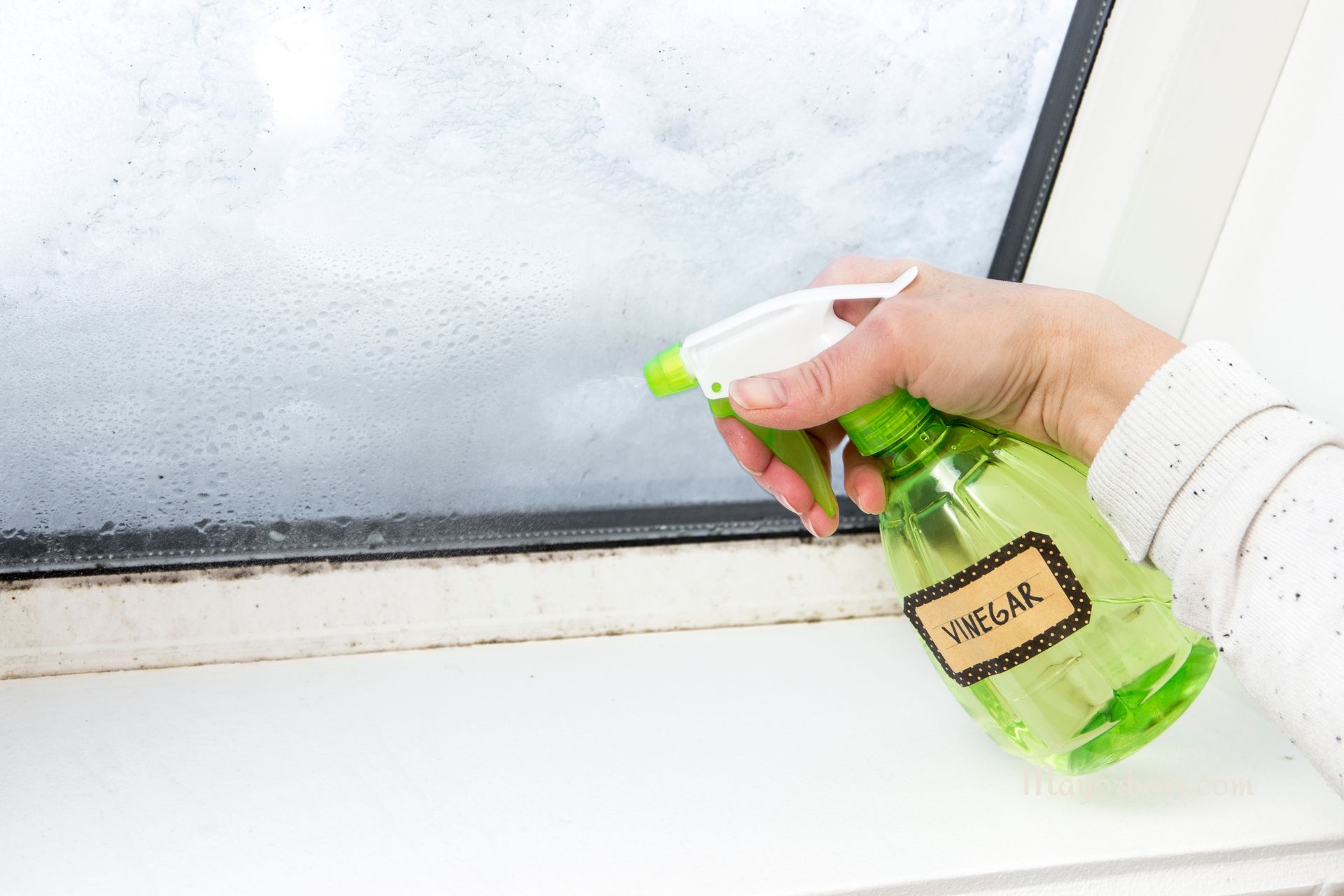White Vinegar Should Never Be Used to Clean These Items
Vinegar is a marvelously versatile cleaning product. It’s natural, effective, and budget-friendly. That said, it’s important to remember that white vinegar is acidic and can actually do more harm than good when used on certain surfaces in your home. Let’s take a look at what it’s good for and what you should absolutely avoid cleaning with this kitchen staple.

Understanding the Power (and Risks) of White Vinegar
White vinegar is predominantly water with a small percentage of acetic acid. It is this acidity that gives vinegar its cleaning power. Acetic acid works effectively to break down grease and grime, as well as kill certain types of bacteria and mold. However, this same acidity can react poorly with certain materials, causing etching, dulling of finishes, or even total breakdowns.
Items You Should Never Clean with Vinegar
Here’s a breakdown of items that might be tempting to clean with vinegar but where you are better off choosing a different approach:
- Natural Stone Surfaces: Marble, granite, quartzite, and similar natural stones are all highly susceptible to damage by acidic cleaners like vinegar. These surfaces are commonly used on countertops, floors, and in showers. Over time, exposure to vinegar will etch and dull these surfaces, eventually leaving them looking permanently scratched or hazy.
- Waxed Furniture and Floors: Waxed finishes can add a beautiful luster to wood, but vinegar is wax’s worst enemy. The acid will strip the protective wax finish and leave the wood looking dull and vulnerable to scratching and water damage.
- Tech Screens: We’re all familiar with using glass cleaners on our electronic devices, but vinegar is not a suitable substitute. The acidity can ruin the anti-glare coating on touchscreens, computer monitors, and even eyeglasses.
- Cast Iron Cookware: While a light soak in diluted vinegar can help remove rust from your favorite cast-iron skillet, repeated or prolonged contact can strip the protective seasoning and promote new rust development. Use hot, soapy water and proper drying techniques to keep your cast iron in good shape.
- Certain Dishwasher Components: Vinegar can be harmful to the rubber seals and gaskets in your dishwasher, leading to leaks and eventual failure.
- Egg Stains: The thought of cleaning up a raw egg spill with acidic vinegar may sound tempting, but it can actually make the situation worse. The acidity in vinegar will cause the eggs to coagulate, making a more difficult clean-up situation.
What CAN I Clean with White Vinegar?
Don’t fret! Despite some limitations, white vinegar is still a fantastic natural choice for many of your household cleaning tasks. Here are just a few things white vinegar excels at:
- Glass: Vinegar is the secret to streak-free windows and mirrors.
- Appliances: Diluted white vinegar removes mineral buildup in washing machines, coffee makers, and tea kettles.
- Bathrooms: White vinegar tackles soap scum and mild mildew in showers and tubs.
- Odors: Tackle pet accidents and other household smells effectively when white vinegar is applied during cleanup or incorporated with baking soda.
Frequently Asked Questions (FAQs)
Q: Can I use vinegar on wood at all?
A: Yes, but with caution. Always spot-test on an inconspicuous area and avoid waxed or delicate finishes. A diluted solution can work on sealed wood floors but dry immediately to avoid moisture issues.
Q: Can I mix vinegar with baking soda?
A: While this combination creates a fizzing sensation, it actually neutralizes both products’ cleaning power. However, the paste can be useful as a mild abrasive for scrubbing.
Q: Are there safer alternatives to white vinegar for natural stone?
A: Absolutely! Use a pH-neutral cleaner specifically formulated for natural stone countertops and floors. You’ll often find them at home improvement stores. A little everyday prevention with coasters and quick wiping up of spills will go a long way, too.
The Takeaway
White vinegar is an inexpensive and eco-friendly option for many cleaning tasks, but it’s not a cure-all. Use discretion and respect the limitations of this acidic cleaner to avoid causing irreparable damage and keep your belongings in tip-top shape.
